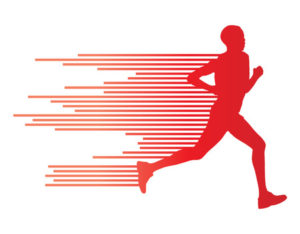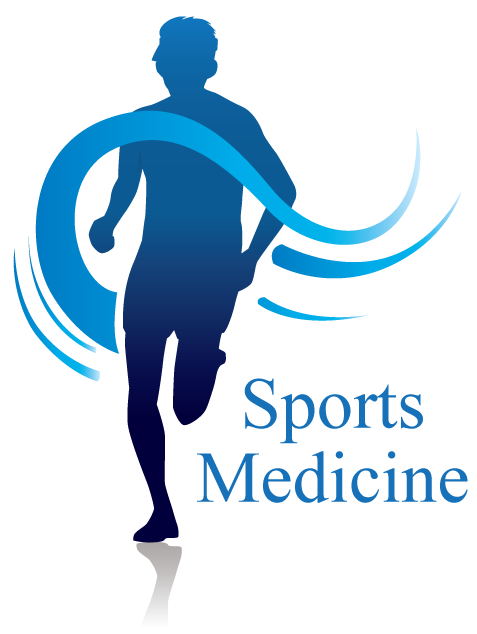It isn’t a Sprint — It’s a Marathon

First, a sports hernia diagnosis. Then surgical repair, and next comes the recovery process. Getting to the recovery stage can feel a little bit like finally crossing the finish line of a long race. You wouldn’t head immediately to another race’s starting line. You’d take time to recover and get back to your peak. Recovering from sports hernia repair surgery is similar, taking it slow to get back to full strength.
Once a sports hernia has been repaired surgically, Dr. William Brown work with patient athletes to develop a tailored recovery plan. This might include a combination of rest, diet restrictions, and physical therapy, all personalized to meet your specific case. You’ll spend time building back up the muscles that were injured, as well as improving your overall flexibility and core strength. However, it’s important to be aware of some common problems to avoid re-injury or a only a partial recovery.
Athletes are a motivated group, and no one likes being immobilized. But when it comes to recovering from a sports hernia, take it slow. Rushing through a recovery plan might cause you to overexert your newly repaired muscles, increasing the odds for re-injury. It may be frustrating, but carefully following your doctor’s and physical therapist’s orders is the best way to get back to your normal training routine.
Along with going too fast, sometimes it can be tempting to skate through your physical therapy regimen. The exercises are specifically designed for each athlete, according to their injury and sport. It may not seem like each exercise has a relevant purpose – or even a purpose at all – but each part of your physical therapy helps in its own way. So what’s the best thing you can do? Take it slowly and carefully, and just keep focused on strong, full recovery.
The biggest problems for patients occur when they don’t communicate with their physician. If something feels off, whether it’s a problem with therapy, or issues post-operation, communicate that information to your doctor. Dr. Brown follows up personally with all of his patients, but always feel free to contact him should you have a question or concern at any time.
A trusted sports hernia specialist, like Dr. Brown, has years of experience helping athletes recover, and holds a wealth of information on treatment. Your specialist works with you to personalize treatment, but he or she can’t adjust your plan unless you give feedback and updates.
Sports hernia recovery isn’t a sprint; it’s a marathon. Follow the recovery plan carefully and talk to your specialist and physical therapist. Doing so minimizes the time you spend on the sideline and get you back to your former shape.
